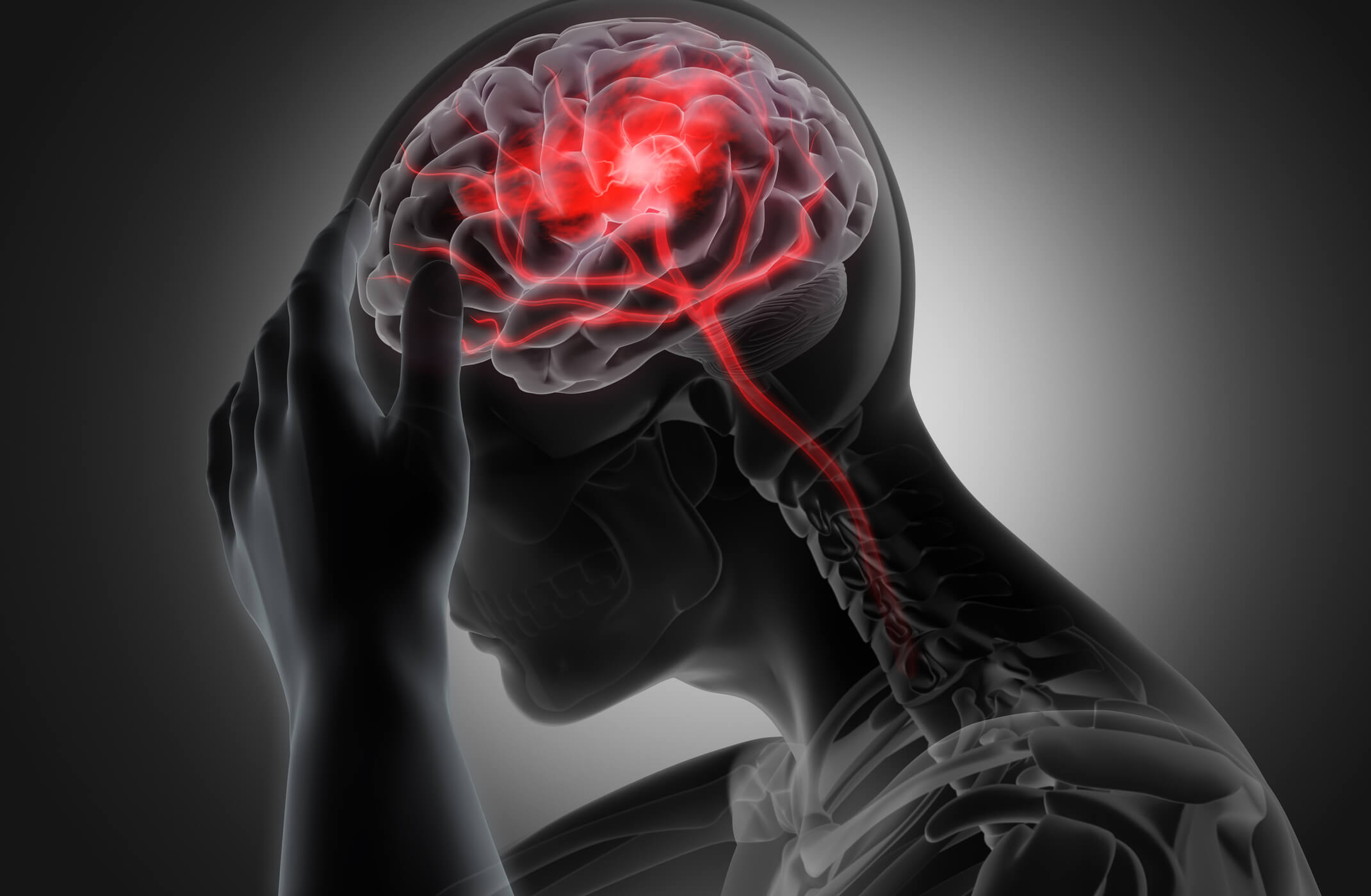When selecting a traumatic brain injury (TBI) rehabilitation center, it’s crucial to consider several key factors to ensure the best possible care and recovery outcomes. Here are five important aspects to look for:
1. Specialized Expertise and Comprehensive Services
- Multidisciplinary Team: Look for centers with a team of specialists, including neurologists, neuropsychologists, physical therapists, occupational therapists, speech-language pathologists, and other professionals experienced in TBI.
- Customized Treatment Plans: The center should offer individualized treatment plans tailored to the specific needs and progress of each patient.
- Range of Services: Comprehensive services should cover all aspects of recovery, including physical, cognitive, emotional, and social rehabilitation.
2. Advanced Facilities and Equipment
- State-of-the-art technology: Ensure the center is equipped with the latest rehabilitation technology and tools, such as robotic-assisted therapy devices, virtual reality systems, and advanced diagnostic equipment.
- Specialized Programs: Look for the availability of specialized programs such as aquatic therapy, vocational rehabilitation, and community reintegration programs.
- Comfort and Accessibility: The facility should be comfortable, accessible, and conducive to healing, with amenities that support both patients and their families.
3. Accreditation and Certifications
- Accreditation: Verify that the center is accredited by reputable organizations such as the Commission on Accreditation of Rehabilitation Facilities (CARF) or the Joint Commission.
- Certifications: Check if the staff hold relevant certifications and licenses, ensuring they are qualified to provide specialized TBI care.
- Compliance with Standards: The center should adhere to high standards of care and safety protocols.
4. Positive Outcomes and Patient Satisfaction
- Success Rates: Inquire about the center’s success rates and patient outcomes, including improvements in function and quality of life.
- Testimonials and Reviews: Read patient testimonials and reviews to gauge the satisfaction and experiences of past patients and their families.
- Follow-Up Care: Ensure the center provides adequate follow-up care and support for long-term recovery.
5. Supportive Services and Family Involvement
- Family Education and Support: The center should offer education and support for families, helping them understand TBI and how to support their loved one’s recovery.
- Counseling Services: Access to psychological counseling and support groups for both patients and families is essential for emotional well-being.
- Care Coordination: Look for centers that provide case management and coordination with other healthcare providers to ensure a seamless continuum of care.
By considering these factors, you can make a more informed decision and choose a TBI rehabilitation center that offers the best chances for a successful recovery.






